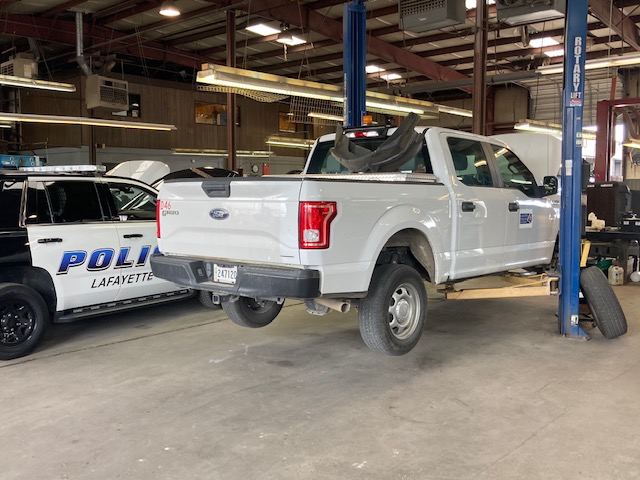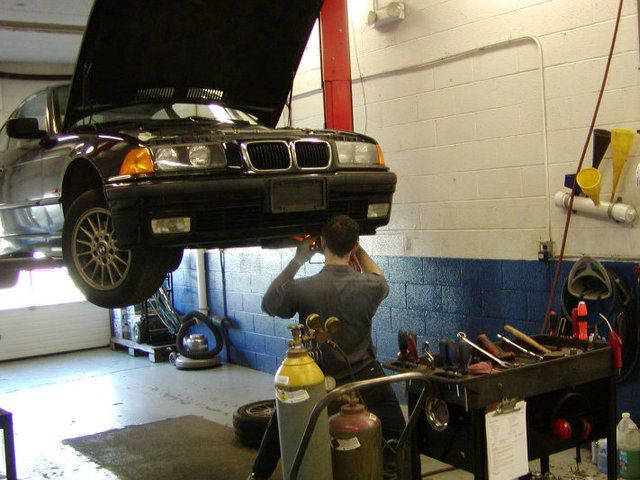When it comes to vehicle safety, few components are as critical as the brakes. Regular brake inspections and maintenance should be a top priority for every vehicle owner. Neglecting this essential aspect of vehicle care can lead to dangerous situations on the road. In this article, we will delve into the significance of regular brake inspections and maintenance, highlighting why it is essential for your safety and the longevity of your vehicle.
The Role of Brakes in Vehicle Safety
Before we discuss the importance of brake inspections and maintenance, let’s understand the critical role brakes play in ensuring vehicle safety. Brakes are responsible for slowing down and stopping your vehicle, allowing you to maintain control and prevent accidents. Whether you’re driving in heavy traffic or cruising down a winding mountain road, the reliability of your brakes can mean the difference between a safe journey and a disastrous one.
Preventing Accidents
One of the primary reasons why regular brake inspections and maintenance are crucial is accident prevention. Faulty brakes can lead to accidents that may result in injuries or even fatalities. A simple inspection can detect issues such as worn brake pads, leaking brake fluid, or damaged brake lines. Addressing these problems promptly can prevent accidents caused by brake failure.
Extending Brake Lifespan
Regular inspections and maintenance not only prevent accidents but also extend the lifespan of your brakes. Brake components like pads, rotors, and calipers wear out over time due to friction and heat. By regularly inspecting and replacing worn parts, you can avoid more expensive repairs down the line. This proactive approach also ensures that your brakes consistently perform optimally.
Maintaining Performance
Properly maintained brakes ensure consistent and reliable performance. When you step on the brake pedal, you expect your vehicle to respond promptly and bring you to a stop. Regular maintenance helps maintain the efficiency of your braking system, reducing the risk of unexpected issues that could compromise your safety.
Saving Money
Some vehicle owners may be hesitant to invest in regular brake inspections and maintenance due to concerns about costs. However, neglecting brake maintenance can ultimately lead to more significant expenses. The longer you wait to address brake issues, the more damage can occur to other components of the braking system, making repairs even costlier. By addressing problems early, you can save money in the long run.
Peace of Mind
Knowing that your brakes are in excellent condition can provide peace of mind while driving. It allows you to focus on the road and enjoy your journey without worrying about brake-related issues. Regular brake inspections and maintenance contribute to a safer and more enjoyable driving experience.’

The Maintenance Schedule
To ensure your brakes are always in top condition, it’s essential to follow a maintenance schedule. Here are some key elements of a typical brake maintenance routine:
- Brake Inspections: Regularly inspect your brakes for wear and tear. Look for warning signs such as squeaking or squealing sounds when braking, a soft brake pedal, or a vibrating steering wheel.
- Brake Fluid Check: Brake fluid is vital for the proper functioning of your brakes. Check the brake fluid level and quality regularly and replace it as needed.
- Brake Pad Replacement: Brake pads wear out over time. Replace them as recommended by your vehicle’s manufacturer or when they show signs of significant wear.
- Rotor Resurfacing or Replacement: If your brake rotors become warped or damaged, they may need resurfacing or replacement. This ensures even contact with the brake pads.
- Caliper Maintenance: Inspect the calipers for signs of damage or sticking. Properly functioning calipers are essential for even brake pad wear.
Conclusion
In conclusion, regular brake inspections and maintenance are vital for your safety, the safety of others on the road, and the longevity of your vehicle. By investing in this essential aspect of vehicle care, you can prevent accidents, extend the lifespan of your brakes, maintain consistent performance, save money, and enjoy a greater sense of peace while driving.
Remember that brake maintenance is not an option but a responsibility for every vehicle owner. Neglecting it can lead to dire consequences. So, don’t wait until your brakes start acting up—schedule regular inspections and maintenance to ensure your brakes are always in optimal condition. To learn more about car maintenance, please click to access more useful tips and information.




